A night walk on the slopes of Ślęża is not an activity I would recommend to faint-hearted or faint-spirited. Following a forest trail, in the dark dispersed only by a soft light of a torch, listening to your own breathing, screeching of the trees and wind, with every cell of your body sensing the presence of the spirits and souls inhabiting the sacred mountain of the Celts and the Slavs – this is (in my experience) a fusion of a horrifying horror movie and a cross-country race without a map, physical fitness and prescription glasses for astigmatism.
Read MoreVeneration of the dead has always been one of the most important pillars of the Slavic culture. One of the way in which our ancestors revered their dead was by preparing celebratory feasts, during which the departed were summoned, and then fed, asked for advice or for blessings. Initially those feasts were lead by a priest (zhrets, volkhv), who after the Christianization of the Slavic land was replaced by a dziad – a travelling bard. It is difficult to say which came first – the name of the celebratory feasts (Dziady) or the name of the traveling bard (dziad), but there is no doubt that both played a significant role in the Slavic culture. The function of the travelling bard was still known in the XIX century and the tradition of Dziady (the feasts for the ancestors) remains live even now, after it was incorporated in the Christian liturgical year.
Read More

